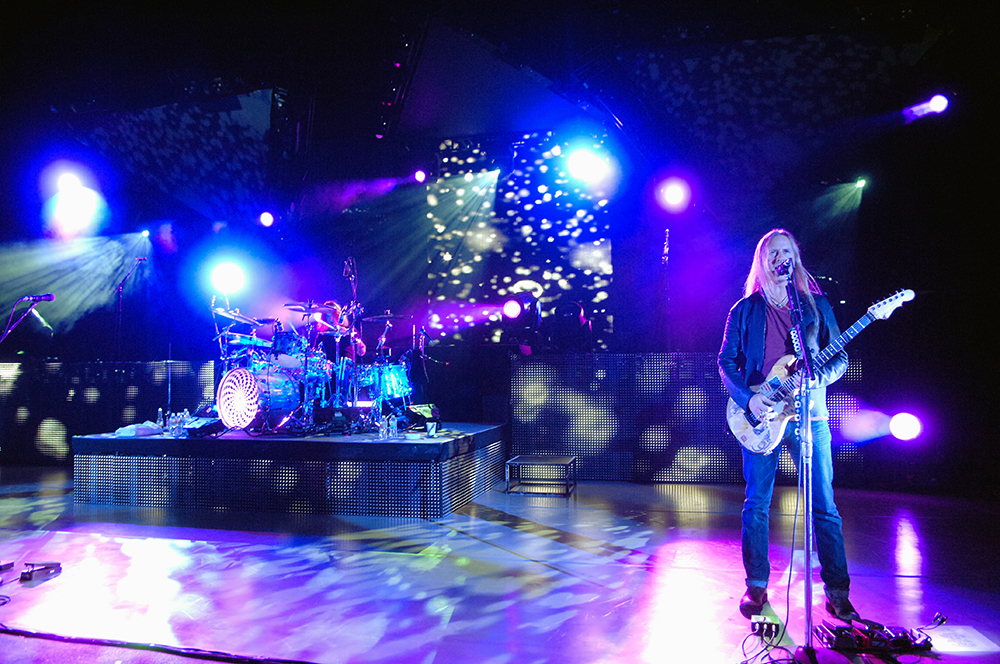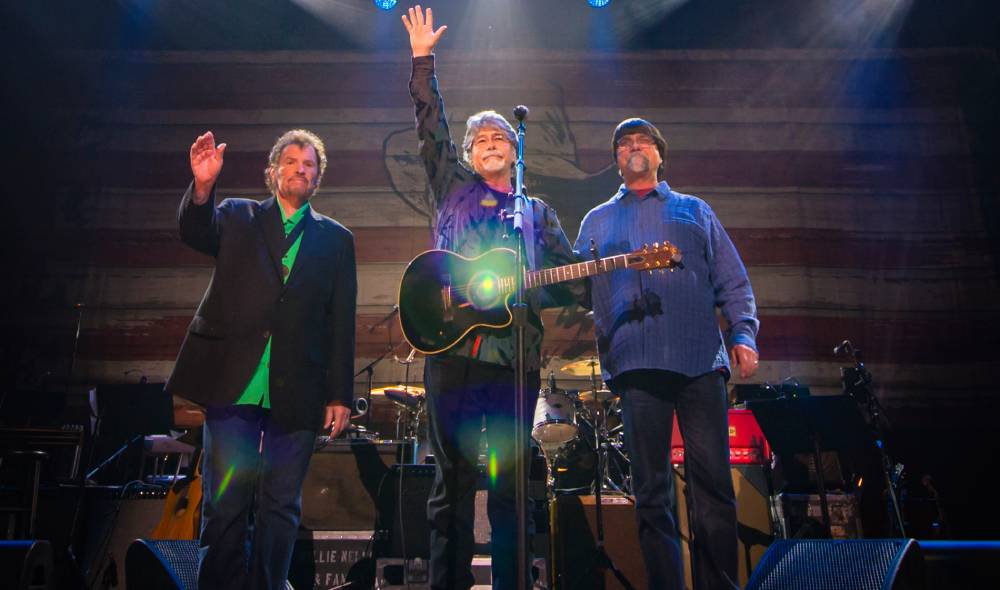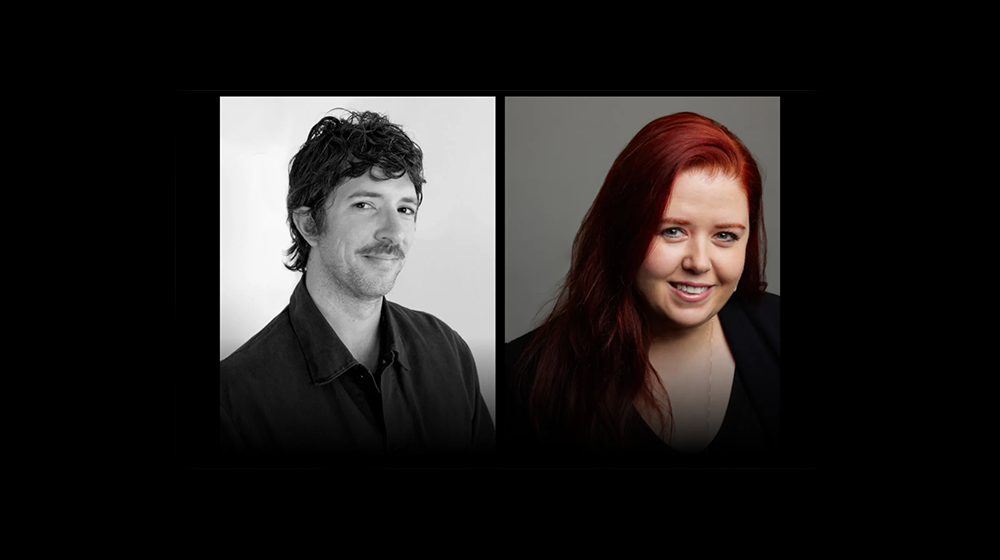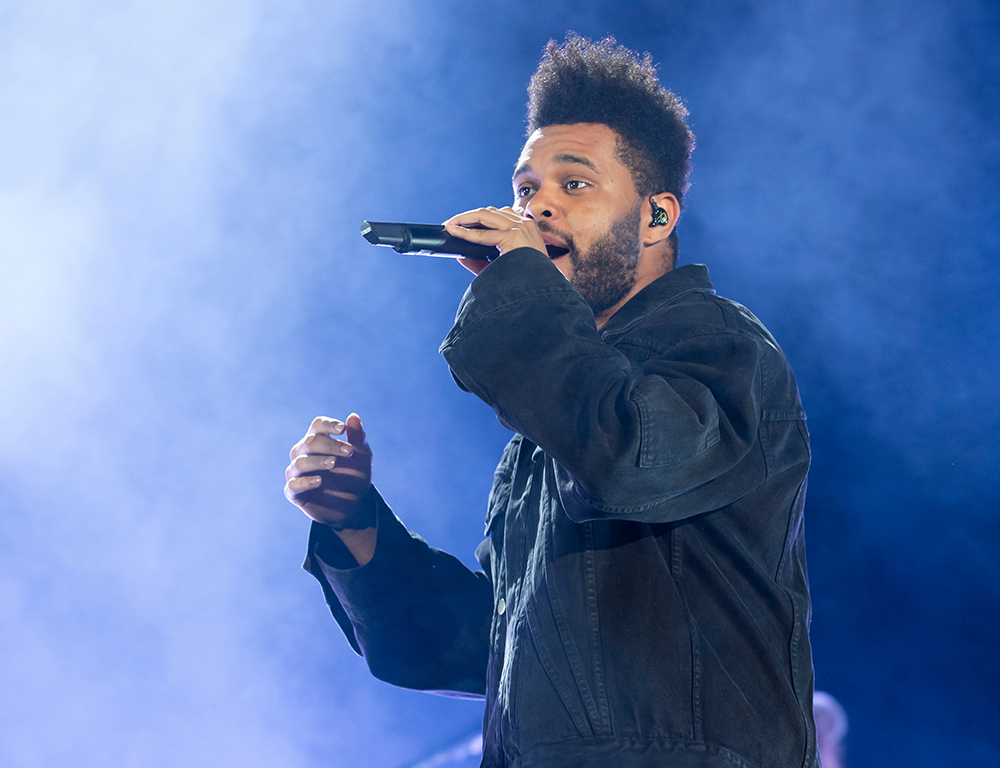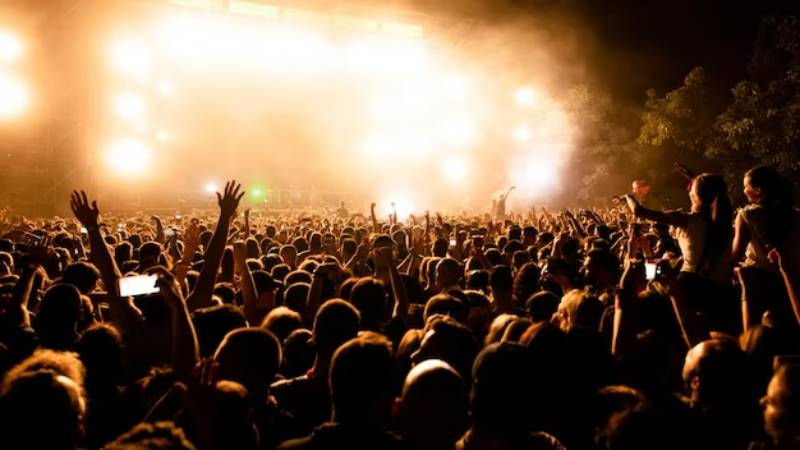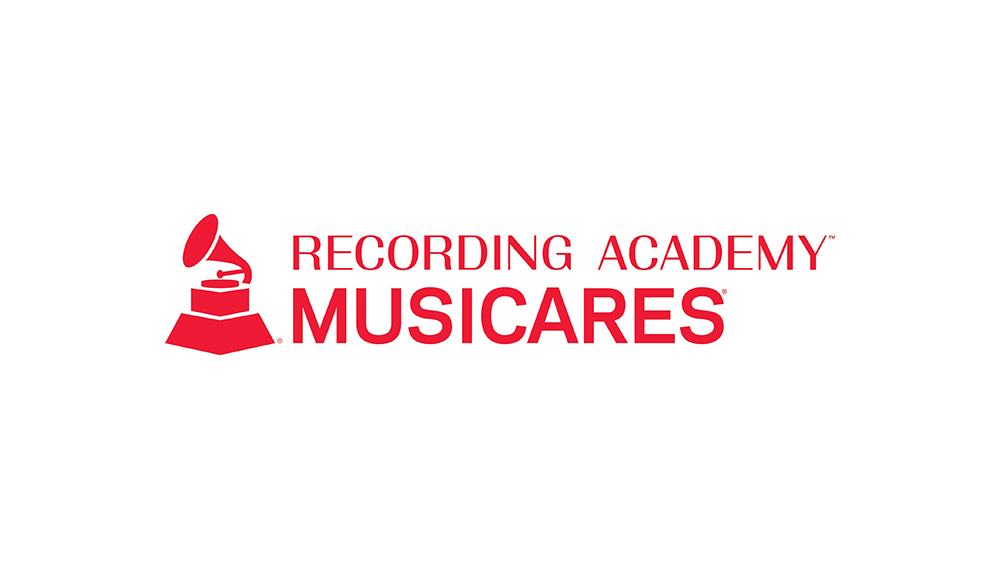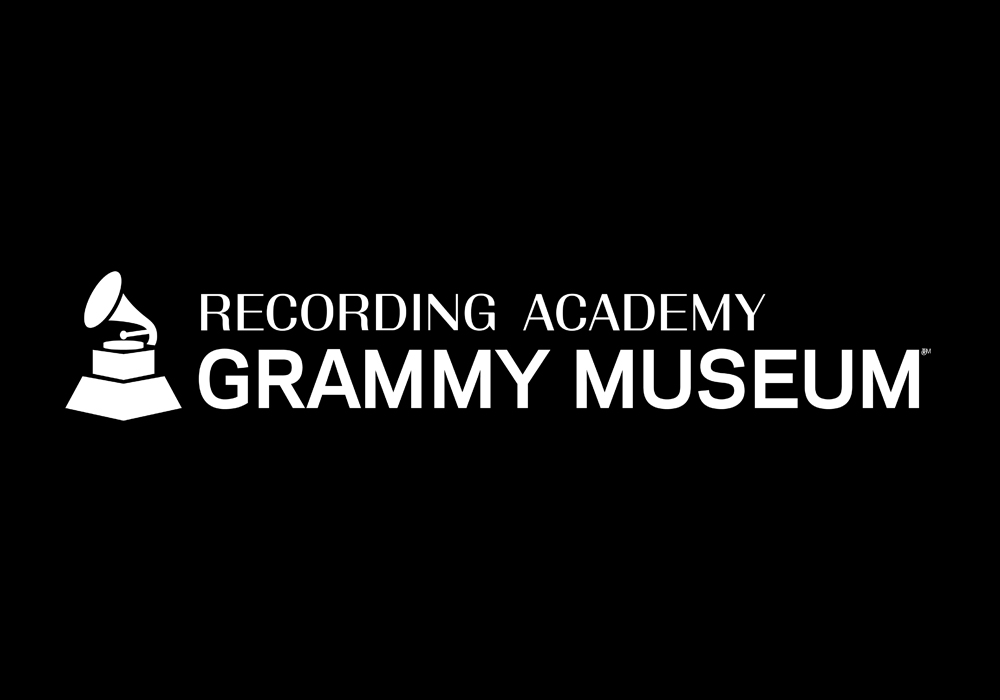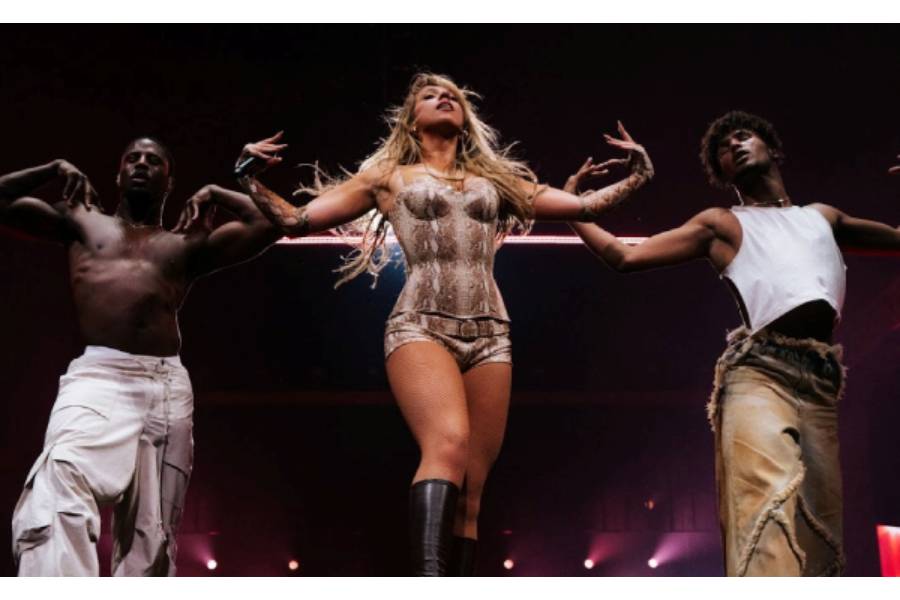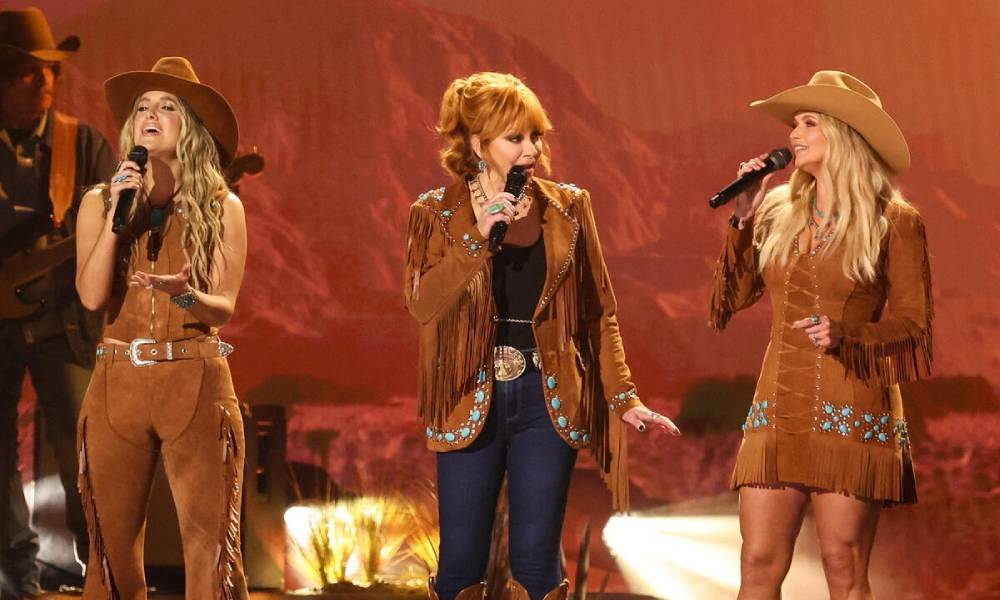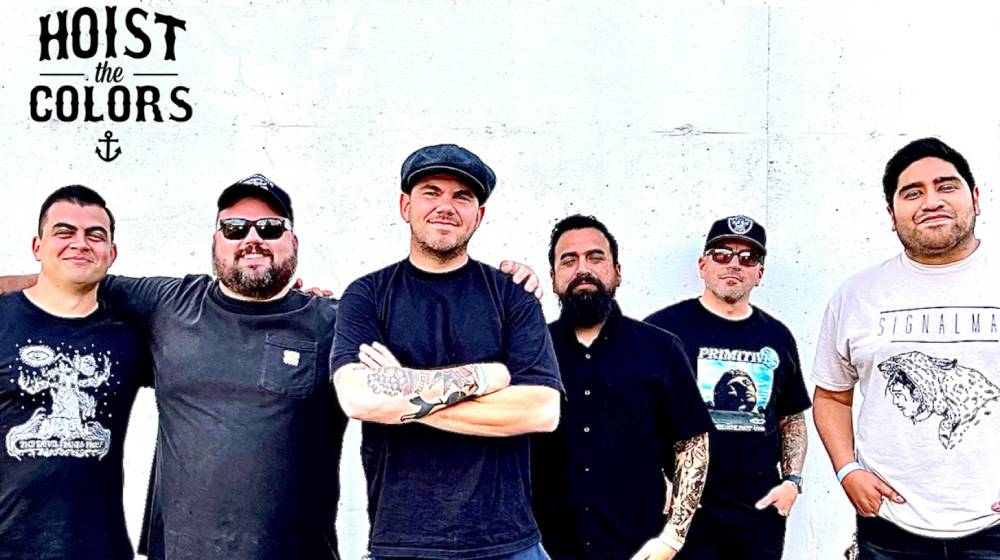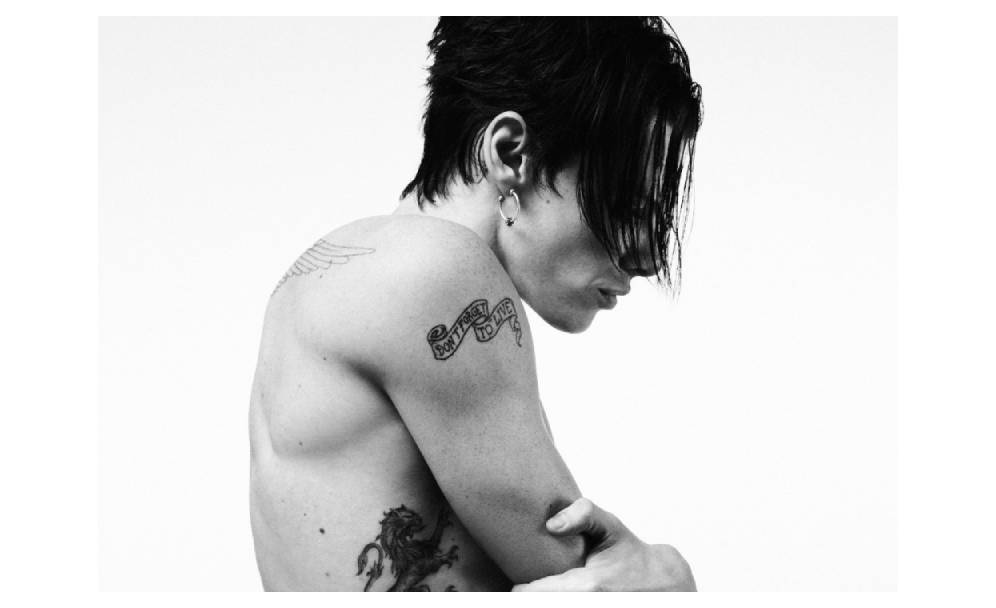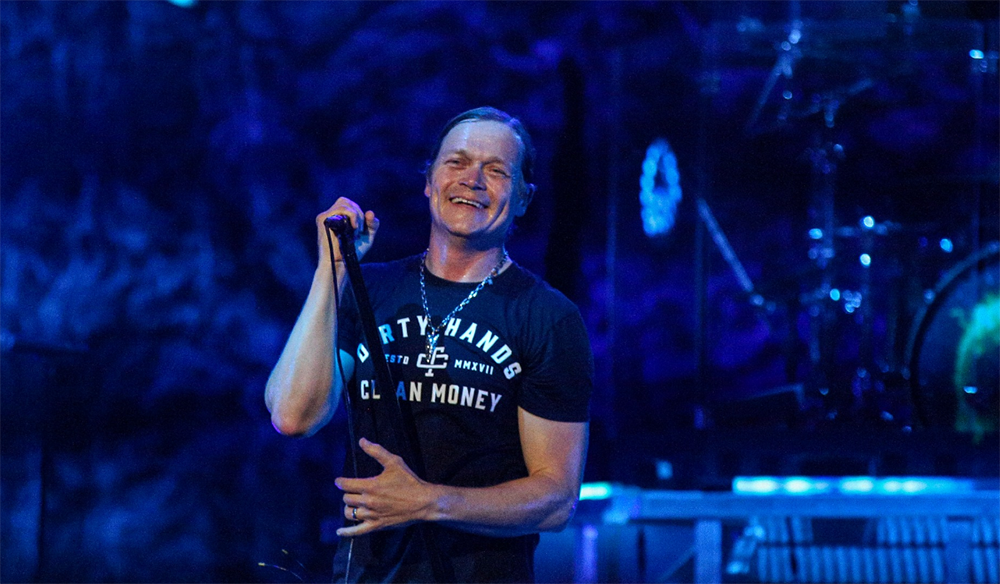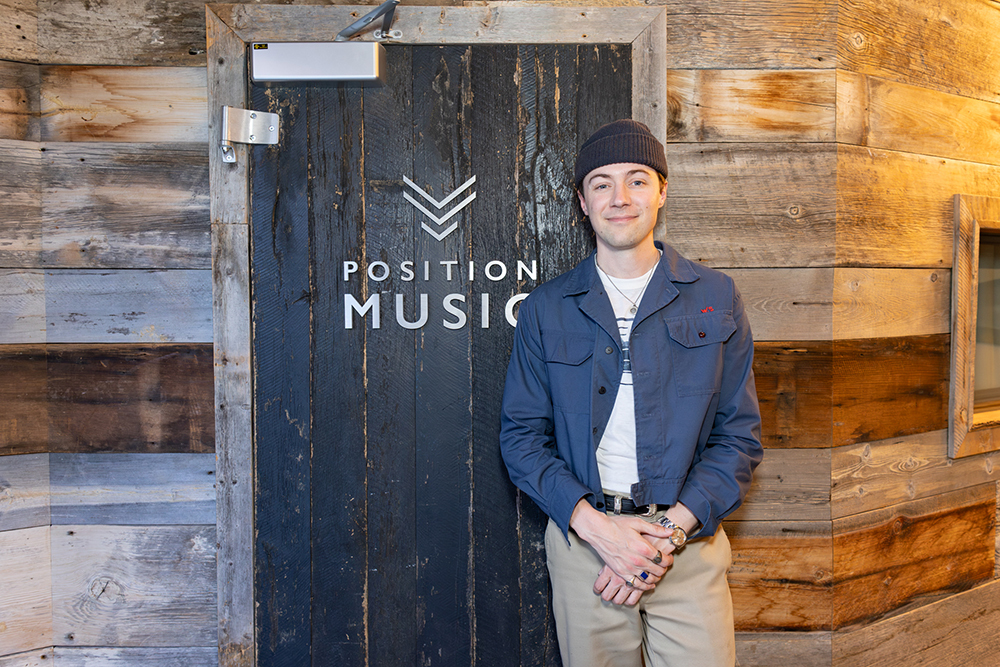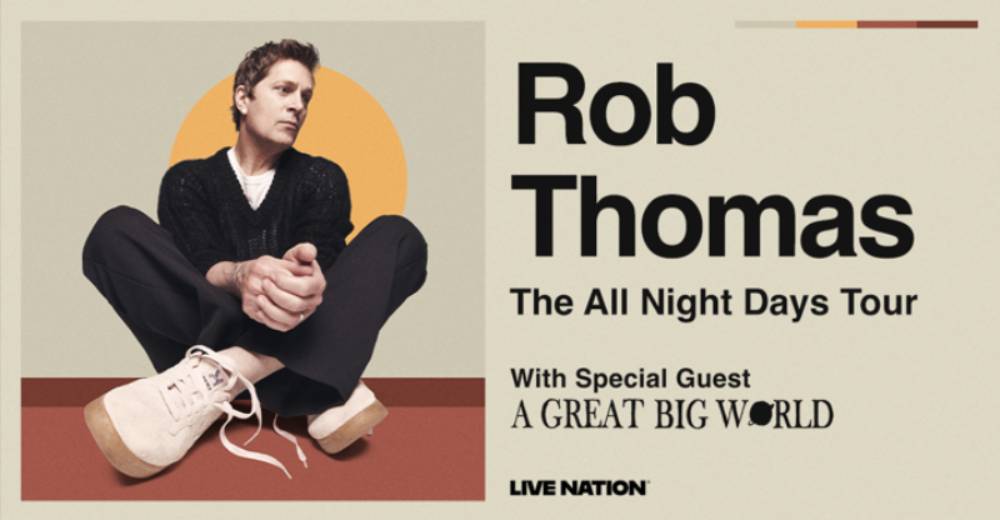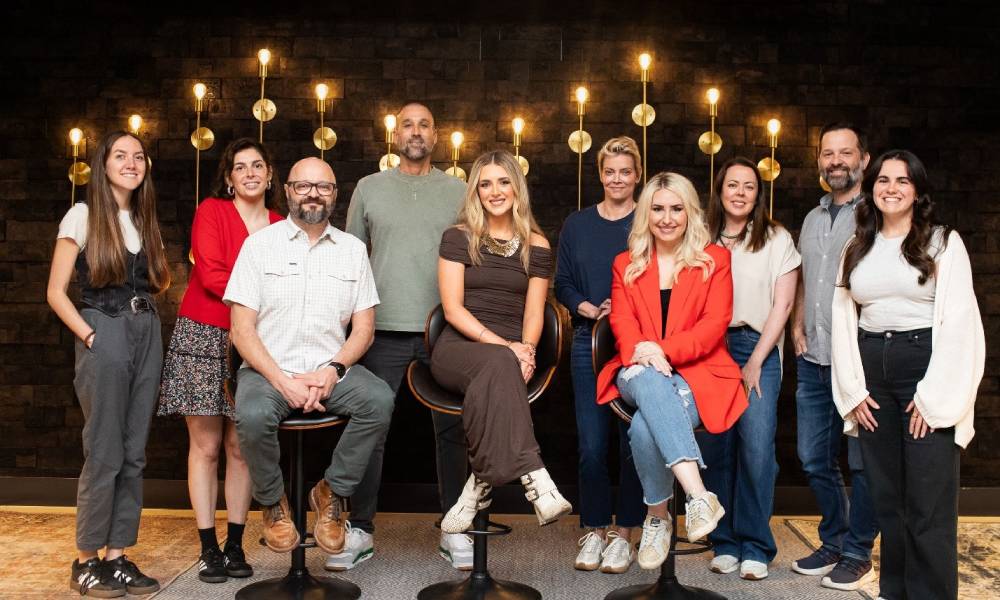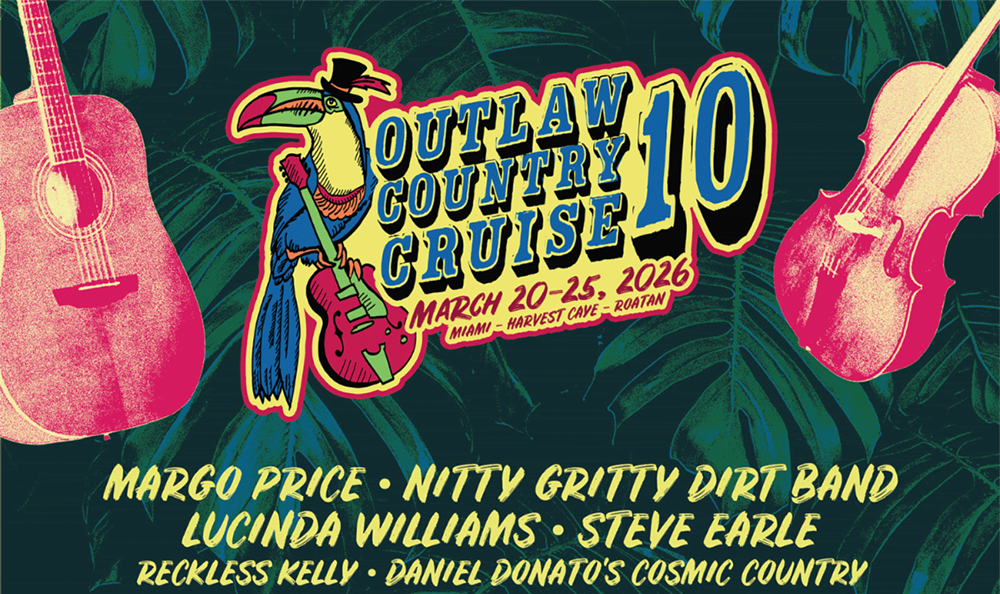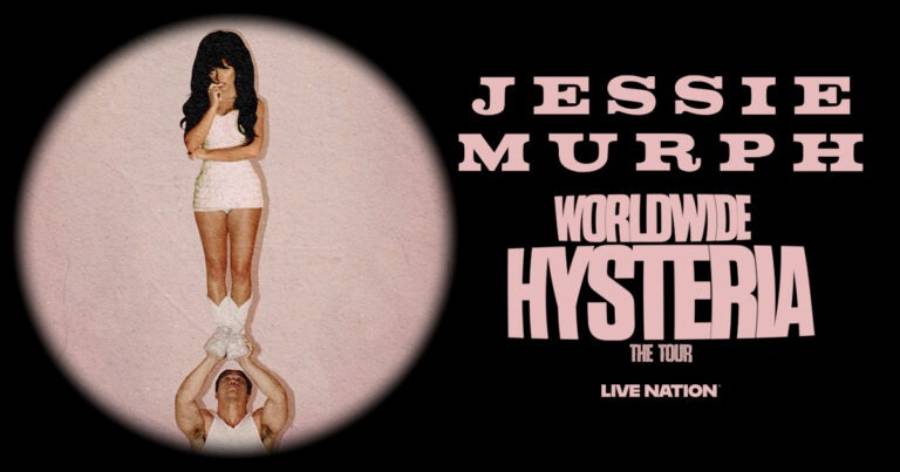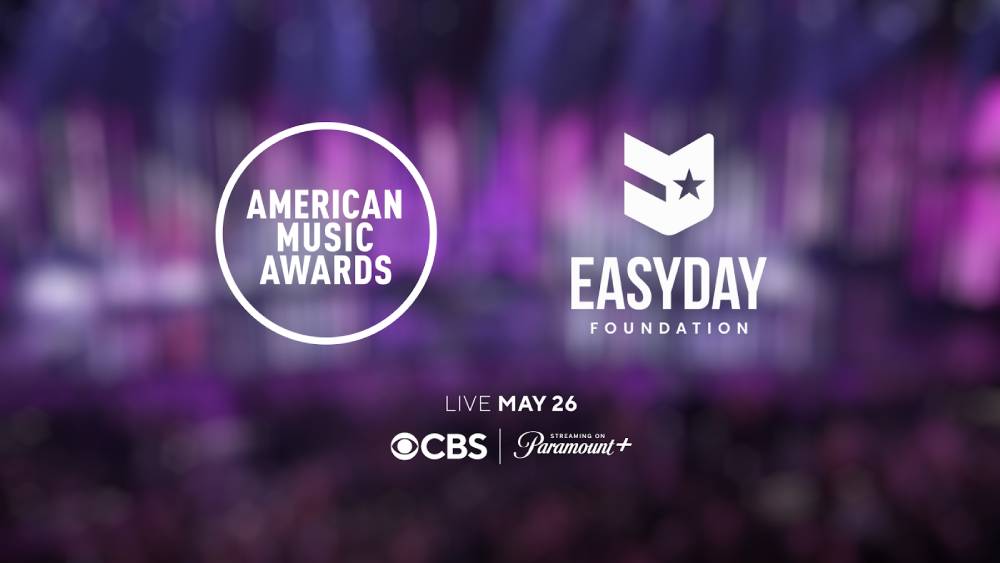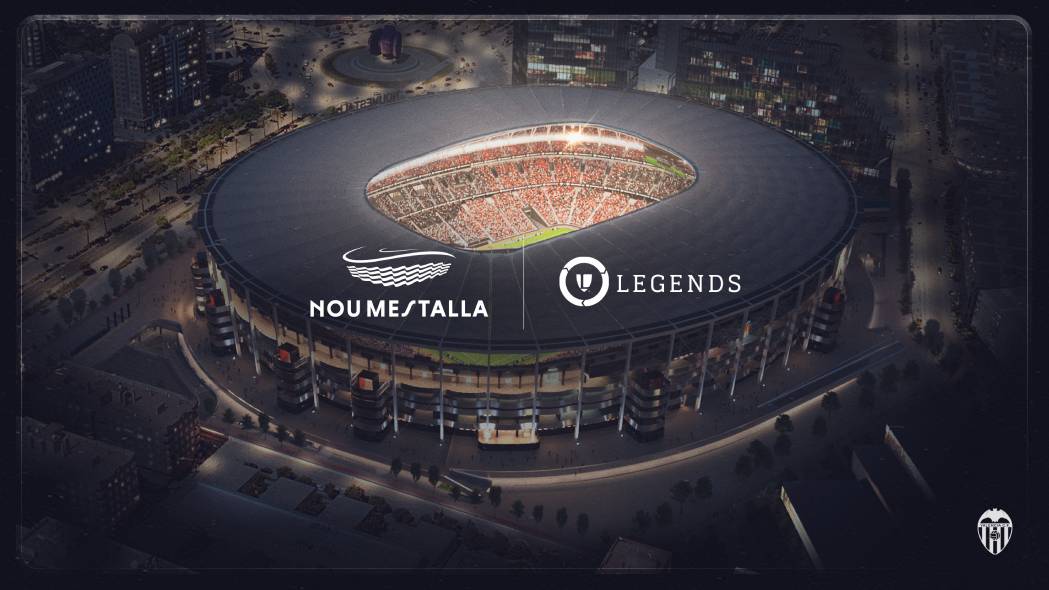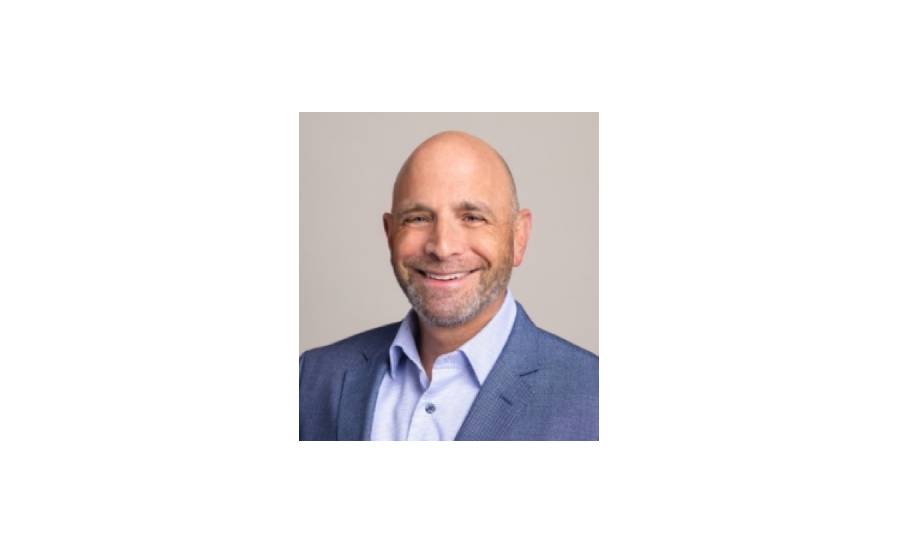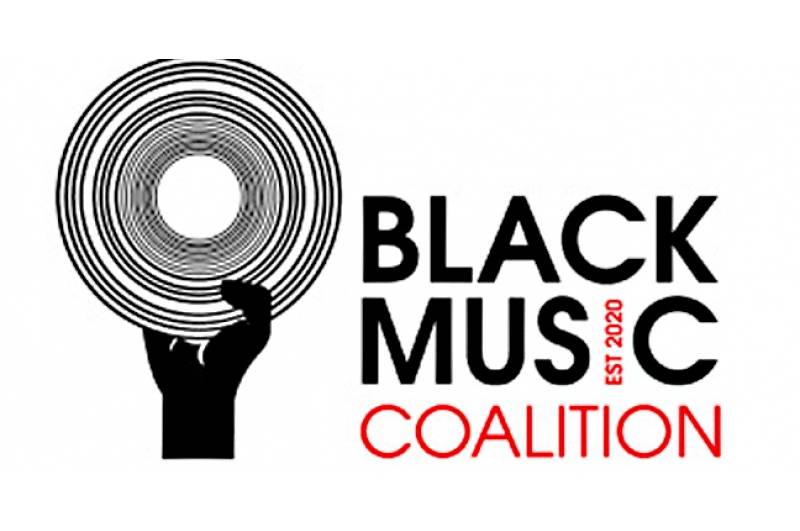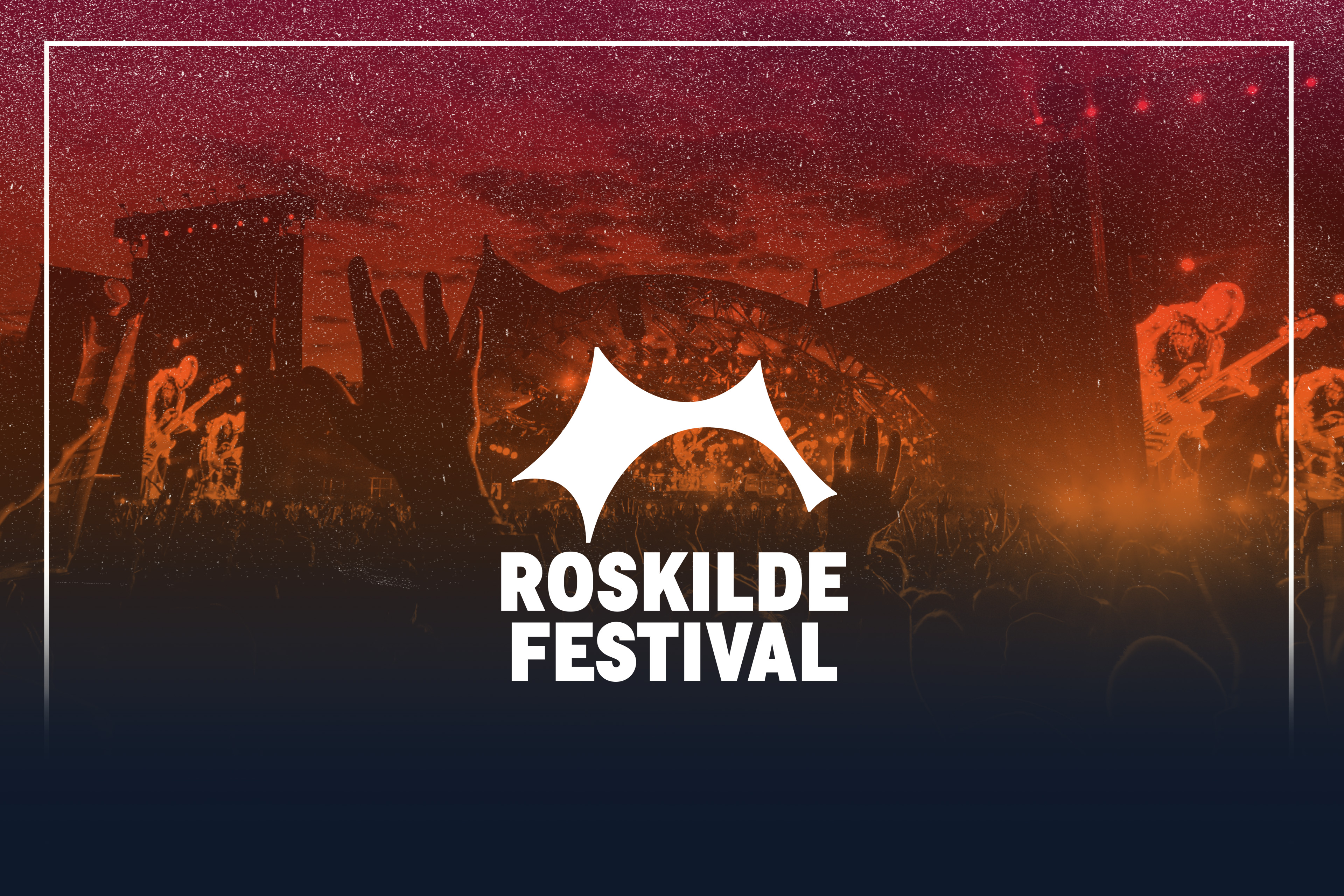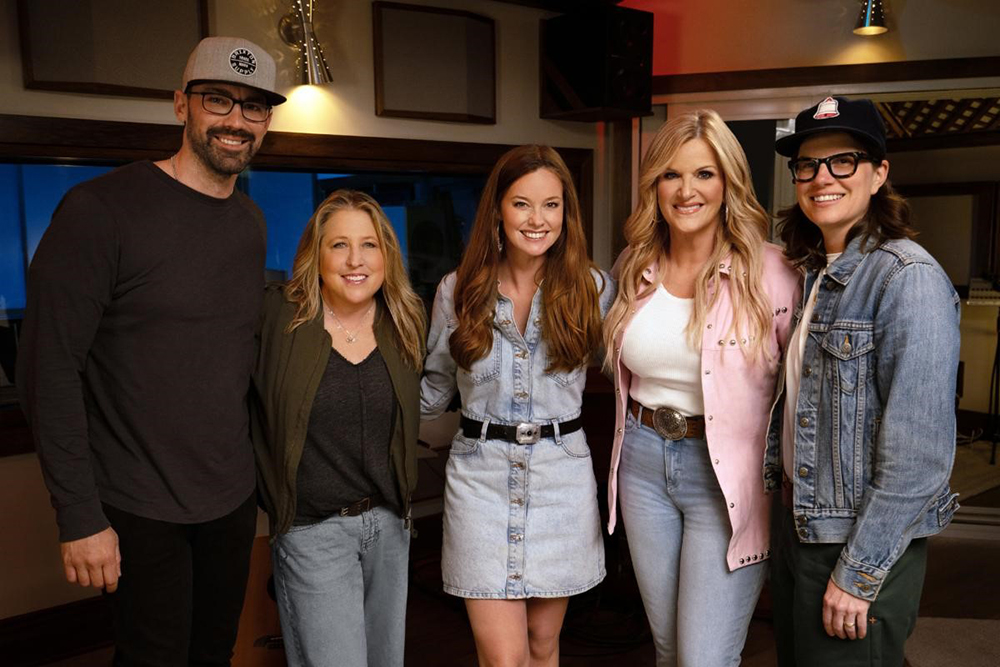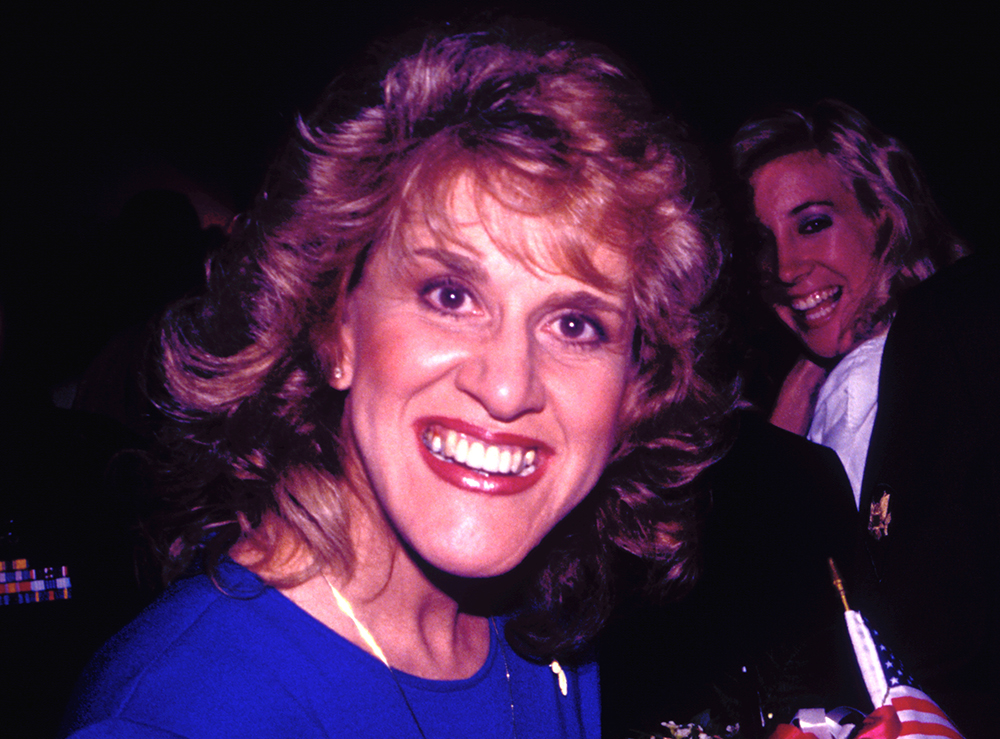
2001 has been a very special year in Denmark, when it comes to live music. A special date and one special week left its mark this year. In the week between October 1st – 6th the music business celebrated a very special day, when the Danish law of music became 25 years old. In 1976 a special law was passed in Denmark designed to support live music and help it develop. This was the first time such a law had been passed in the world.
Already on the first day in 2001 another important thing happened to Danish live music – a new budding to the music law that became reality after many years of debate and discussions. Two persons have no doubt about the value of the new Danish law, Spillestedslovgivningen (a law which economically has to support the different music venues in Denmark):
– Now we can do some long-term thinking without worry about money, says Dan Dorschel, the leader of one of 18 so called regional music clubs in Denmark.
– There is a greater willingness to experiment, and that gives more unknown bands the chance to get on the stage and play, says Thomas Fog, the leader of secretary on spillesteder dk. (The Danish venue organization).
Reason To Be Proud
Danish musicians have more than good reasons to be proud in these years. What colleagues in other countries are content just to dream about became reality on November 30th 1999, the date when Danish politicians decided, that the Danish rhythmical music scene should be accepted on equal terms with other forms of art in the future.
With the new law the Danish music organizers can enjoy four years with a kitty of 30 million Danish kroner each year. Half of the money goes to support the 18 regional music venues, and the other half will be used as a special fee support other music venues.
Today the new law has been in force for ten months, and great enthusiasm is easy to find among music organizers.
The secretary leader of spillesteder dk, Thomas Fog, who has been the former leader of the music venue Vox Hall in Århus, says, that more unknown bands are getting the chance to play on stages around the country, because music organizers are now more motivated to experiment with bands, which earlier would have been an economical risk for the organizers.
– But it is also clear to see, that music venues are becoming more aware of the fact that they have an important role to play, more than just to present music month after month. With both the fee support and the direct support to the regional music venues the music organizers are being motivated to not only put on concerts with the most famous bands, but also on a local basis to try to look for some niche possibilities, which they can work on.
Venue Festival Showed The Way
Many people in different places and on different levels in the Danish live music scene have their part of the credit for the new law. But one thing, that showed how many possibilities there could be in a live music scene supported with money from the state, was the so-called Venue Music Festival.
The establishing of Venue Music Festival in 1992 gave some unknown bands the chance to perform at different places in Denmark, because musical and economical resources were pulled out of the music life in the summer and lead back in the system in the winter.
– The Venue Festival was a good example of thinking on a more experimental scene, opening visions for things that could be done with more solid based economics, says Thomas Fog.
Think without worry
The Venue Festival visited several music venues all over Denmark, one of them being the regional music venue, Det Bruunske Pakhus in Fredericia. The leader there is Dan Dorschel, who like Thomas Fog, is also very exited about the new law, which gave him the economical peace that he had been dreaming about for years.
– Now I know, that every year for the next four years, I will receive the funding, allowing me to think in longer terms than before. I do not have to worry when I decide to risk money on bands that are unknown. This gives me a professional and creative peace in my work – as I know I’m secured.




















